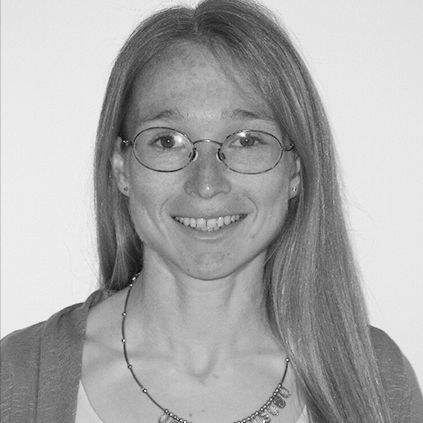Article
AI Aids Weight Loss Management in Patients with T2D
Author(s):
Use of the Lark AI Health Coach resulted in a mean weight loss of 2.38% of baseline weight.
Dr Natalie Stein, MPH, MSc

Natalie Stein, MPH, MSc
With weight loss and management, it appears that the use of artificial intelligence (AI) may be able to manage health outcomes with type 2 diabetes (T2D) patients.
A recent study led by Natalie Stein, MPH, MSc, a professor in the department of human medicine at Michigan State University, examined the use of conversational AI in the form of an automated text-based coaching service, called the Lark Health Coach, for 239 patients with T2D, all overweight or obese (body mass index [BMI] ≥25 kg/m2). The study found that the average weight loss experienced by patients was 2.38% (standard error, 0.69%) of baseline weight.
"The platform’s 355 million interactions with 1 million patients shows that AI can fill a critical need in the health care system," Stein told MD Magazine. "There are more than 100 million people with chronic conditions — such as hypertension or type 2 diabetes – who need help either preventing or managing their condition. By using AI, Lark can deliver 24/7 compassionate care to people who need it at a minimal cost."
Two-thirds of adult Americans have either prediabetes or are overweight and at-risk for T2D, and while the US faces a shortage of health care providers, in-person behavioral counseling, while effective, is not always a viable option for patients in need of the service.
"Lark is tackling some of society’s largest health problems — a shortage of health care professionals needed to meet patient demand, rising health care costs, and chronic disease management – by seeking to complement health care providers and act as a first line of defense for health teams," Stein said. "For instance, Lark can recognize if someone may be in need of immediate medical attention and route them directly to the appropriate care. In this, Lark’s AI complements traditional telemedicine services that many payors and providers already have in place."
The Lark AI Health Coach mimics the empathic health counseling utilized by many health professionals and includes a variety of other features such as a dashboard with the ability to monitor activity, sleep, food, weight, and notes.
Some example conversations with the AI health coach showed the bot asking questions and replying to statements, such as asking the user, “What did you have for breakfast?” and replying with either positive reinforcement of ‘good’ eating habits, or constructive criticism and suggestions for alternatives for ‘bad’ eating habits. For example, when the user replied, “Eggs, bacon, and a side of toast and coffee,” the AI noted a number of times bacon was being consumed weekly and suggested switching to a leaner morning source of protein. When the user replied, “Chicken, veggies, and rice” the AI noted that it was a healthy choice.
Of the 239 that began the study, 159 installed the app, and entered initial height/weight data - 83 recorded a second weight compared to 75 that did not. From there, 70 users were considered “active” enough to analyze, while 13 were judged as “inactive.”
Users averaged 103 sessions over the course of the study, with 75.7% of users (n = 53) experiencing weight loss in any capacity. The mean loss was 2.4 kg for the group, while the percentage of healthy meals consumed increased by 31% (from 51% [n = 414 meals] of total meals logged at baseline to 67% [n = 22]) at 21 weeks.
The app offered an in-app trust survey, which resulted in a 100% response rate, with users averaging 7.9 out of 10 in their satisfaction with the program and 8.3 for their disappointment if not offered the program and 6.73 in their satisfaction with their health outcome.
According to Stein and co-author Kevin Brooks, MS, PhD, the results of this study showed that health coaching AI is “available for real-life applications.” The AI program is currently involved in further investigation into its use with chronic disease management and the weight control, diet quality, medication adherence, and home blood pressure monitoring that comes along with it. One study is planned for individuals with hypertension and another with pre-diabetics.
"Lark’s platform currently offers four different programs: lifestyle wellness and behavioral health counseling, type 2 diabetes prevention, type 2 diabetes management, and hypertension management solutions," Stein said. "For example, after you sign up for Lark’s Diabetes Prevention Program — which is fully reimbursable and available to 40 million Americans to manage pre-diabetes – and you download the app on your smartphone or tablet, the Lark AI Health Coach immediately starts providing counseling sessions, using the CDC’s DPP curriculum, aimed at improving health behaviors, such as losing weight, eating better, and exercising more, which can lower your risk of developing type 2 diabetes."
Related Coverage
Canagliflozin Returns Renal Strengths in CANVAS Trial




